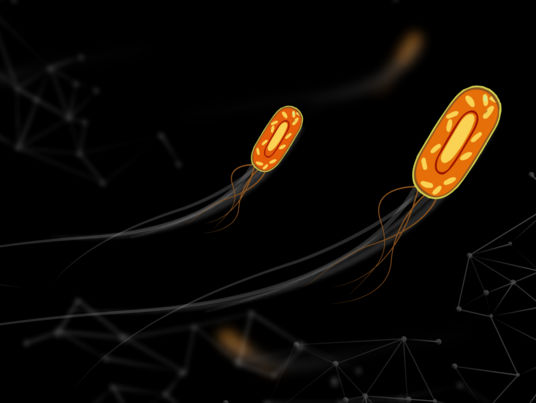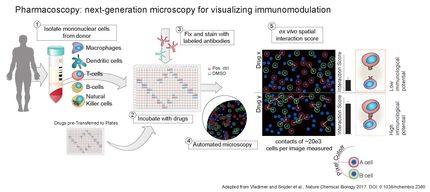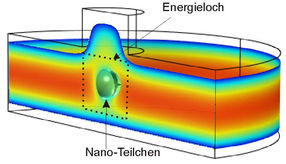AI analyses cell movement under the microscope
New method could be very helpful for developing more effective cancer medications
Advertisement
The enormous amount of data obtained by filming biological processes using a microscope has previously been an obstacle for analyses. Using artificial intelligence (AI), researchers at the University of Gothenburg can now follow cell movement across time and space. The method could be very helpful for developing more effective cancer medications.

By using AI, researchers can extract information from filmed sequences of cell movement in the microscope.
Jesús Pineda
Studying the movements and behaviours of cells and biological molecules under a microscope provides fundamental information for better understanding processes pertaining to our health. Studies of how cells behave in different scenarios is important for developing new medical technologies and treatments.
“In the past two decades, optical microscopy has advanced significantly. It enables us to study biological life down to the smallest detail in both space and time. Living systems move in every possible direction and at different speeds,” says Jesús Pineda, doctoral student at the University of Gothenburg and first author of the scientific article in Nature Machine Intelligence.
Mathematics describes relationships of particles
Advancements have given today’s researchers such large amounts of data that analysis is nearly impossible. But now, researchers at the University of Gothenburg have developed an AI method combining graph theory and neural networks that can pick out reliable information from video clips.
Graph theory is a mathematical structure that is used to describe the relationships between different particles in the studied sample. It is comparable to a social network in which the particles interact and influence one another’s behaviour directly or indirectly.
“The AI method uses the information in the graph to adapt to different situations and can solve multiple tasks in different experiments. For example, our AI can reconstruct the path that individual cells or molecules take when moving to achieve a certain biological function. This means that researchers can test the effectiveness of different medications and see how well they work as potential cancer treatments,” says Jesús Pineda.
Pharmaceutical companies already using AI
AI also makes it possible to describe all dynamic aspects of particles in situations where other methods would not be effective. For this reason, pharmaceutical companies have already incorporated this method into their research and development process.




























































